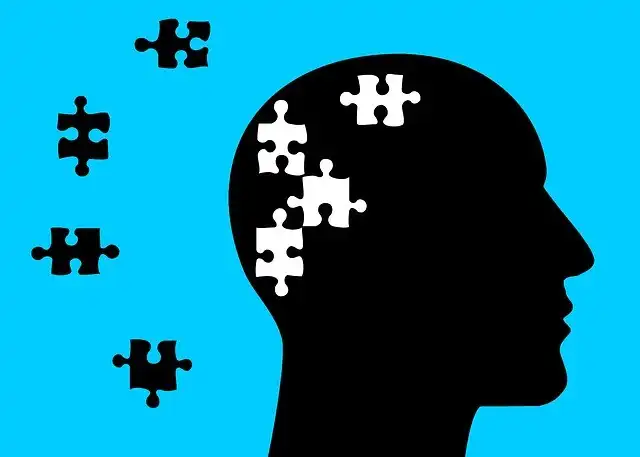Alzheimer’s and Brain Awareness month was instituted by the Alzheimer's Association to raise awareness of the devastating effects of Alzheimer's or another form of dementia.
Taking place in June, Alzheimer's and Brain Awareness month brings people together from around the world to form fundraisers with the hope of one day finding a cure for the disease.
What is Alzheimer's?
Named after Dr. Alois Alzheimer, Alzheimer's disease is a brain disorder that destroys nerve connections in the brain, gradually impairing memory and cognitive ability. As time passes and the symptoms grow more severe, those with Alzheimer's may be unable to perform even basic daily tasks. Alzheimer's usually occurs later in life, with symptoms often emerging in one’s 60s or later.
Other Forms of Dementia
While Alzheimer's disease is the most common form of dementia, accounting for as many as 60 to 80 percent of all dementia cases, there are also other forms of dementia. These include:
- Vascular dementia - caused by a lack of blood flow to the brain and can result in vision problems or hallucinations.
- Lewy body dementia - caused by excessive protein deposits in nerve cells and can result in memory loss, disorientation, and difficulty falling asleep.
- Parkinson’s disease dementia - dementia developed in the course of advanced Parkinson’s disease. Many who suffer from this version of dementia have trouble speaking and become depressed and paranoid as the symptoms worsen.
- Frontotemporal dementia - affects the language and behavior areas in the front and sides of the brain. This form of dementia is known to occur earlier than others and likely has a genetic component.
How to Diagnose Alzheimer's Disease
A primary doctor or specialist will conduct a series of tests to check for Alzheimer's. These can include memory tests, laboratory blood and urine tests, and brain-imaging tests.
There are a number of early signs and symptoms that can indicate the need for a trip to the doctor’s office for testing. Such symptoms include:
- Confusion.
- Difficulty concentrating.
- Memory impairment.
- Problems speaking or writing.
- Mood and personality changes.
It is important to note that although Alzheimer's dementia is currently not a curable disease, there are other forms of cognitive impairment which can be treated with early diagnosis. Some drugs and treatments can also ease the burden of Alzheimer's disease.
Medication and Treatment Options
While no medication currently exists that can stop the loss of brain cells caused by Alzheimer's, some medications can help at least lessen the symptoms for a period of time. There are a handful of FDA-approved medications that fall within two major types, namely cholinesterase inhibitors and memantine.
Cholinesterase Inhibitors
Cholinesterase inhibitors such as Aricept, Razadyne, and Exelon are used to treat Alzheimer's in the early and middle stage of the disease and help stabilize memory, language, judgment, and other cognitive processes. They achieve this by preventing the breakdown of acetylcholine in the brain, which is vital for memory and learning.
Memantine
Memantine is often used in the case of moderate to severe Alzheimer's. It has been shown to help improve cognitive skills and the ability to perform simple tasks. Memantine can be taken along with other Alzheimer's medication, specifically cholinesterase inhibitors.

















